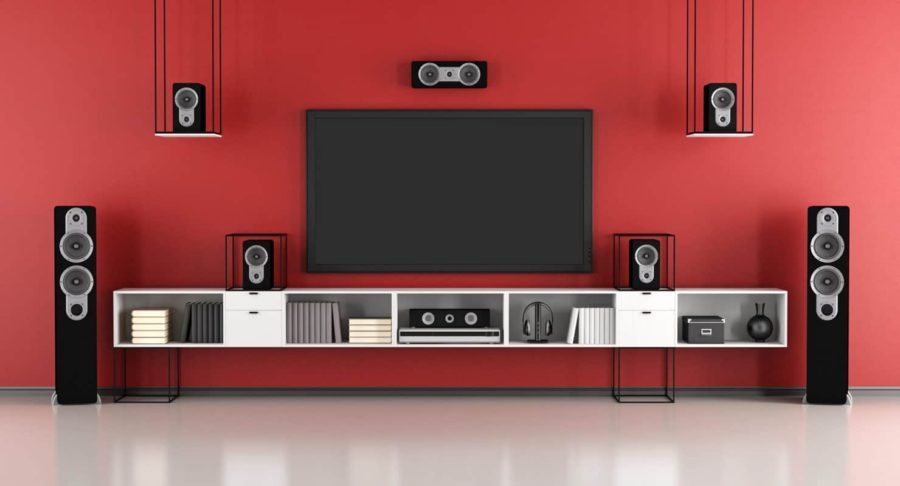The best home theatre power manager can protect your theatre from power surges and outages while giving it maximum sound quality. However, some of the power managers have several drawbacks. While they might be expensive, some might not have enough ports or sockets. If you’re not sure about these limitations, you should read the reviews of other products to make an informed decision. Also, consider whether you need to protect your theatre from interference or power surges.
It is also important to consider the clamping voltage of a home theatre power manager. This is the rated voltage of the power manager when it is switched on. Ideally, it will range from 120 to 400 volts. It is also important to choose a model with surge protection. Surge protection features increase the effectiveness of the power manager and the life of your home theatre system.
A power manager can also extend the battery life of your device. By default, the power manager is set to low power mode, which conserves power and extends battery life. To change this setting, navigate to Settings, System, Power, High Performance.
Depending on your preferences, you can switch to high performance mode to maximize performance, but at the cost of reduced battery life. You can also choose between two settings: low and high power mode. One mode can be set to protect your home theatre system, while the other two can help you conserve power.
When looking for a power manager, you should keep the following factors in mind: the device’s dimensions and weight, as well as its features. The ideal power manager for your home theatre should be able to be concealed behind your television and installed on the wall.
It has a voltage requirement of 120 volts and measures 6 inches by 17 inches by 2.19 inches. Your audio and video equipment will be better protected against voltage fluctuations and mode noise as a result of using this. In addition to protecting your electrical appliances, it offers insurance of up to five million dollars.
There are many versions that come with a lifetime warranty, which means that you won’t have to worry about any damage being caused by variations in the power supply. A reliable home theatre power manager will prevent contaminated power from entering your theatre, so increasing the level of safety for all of the patrons. In addition, considering its cost, there is no way to make a mistake.
When selecting a system for the management of power, you will also need to think about a number of other variables. Some of the most crucial aspects to consider for your home theatre are the total amount of speakers, amplifiers, and watts. You should also think about whether or not you want to attach several speakers to the system.
A power manager will assist you in keeping track of all of the components in your home theatre system, which is especially helpful if you have more than one speaker. Additionally, you need to investigate how long the equipment will last. There are power managers that are made to last for several years but occasionally need to have maintenance done on them.



